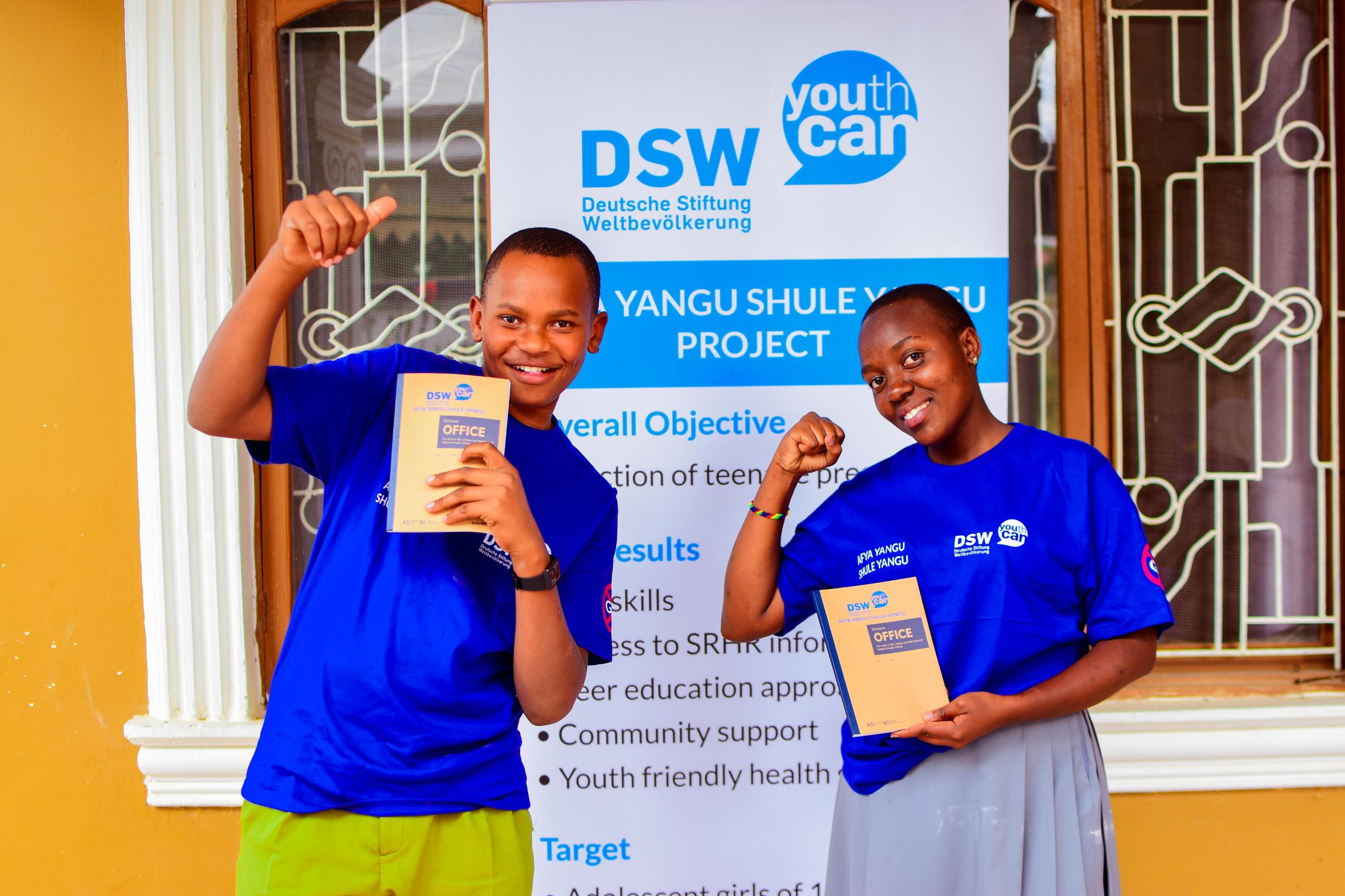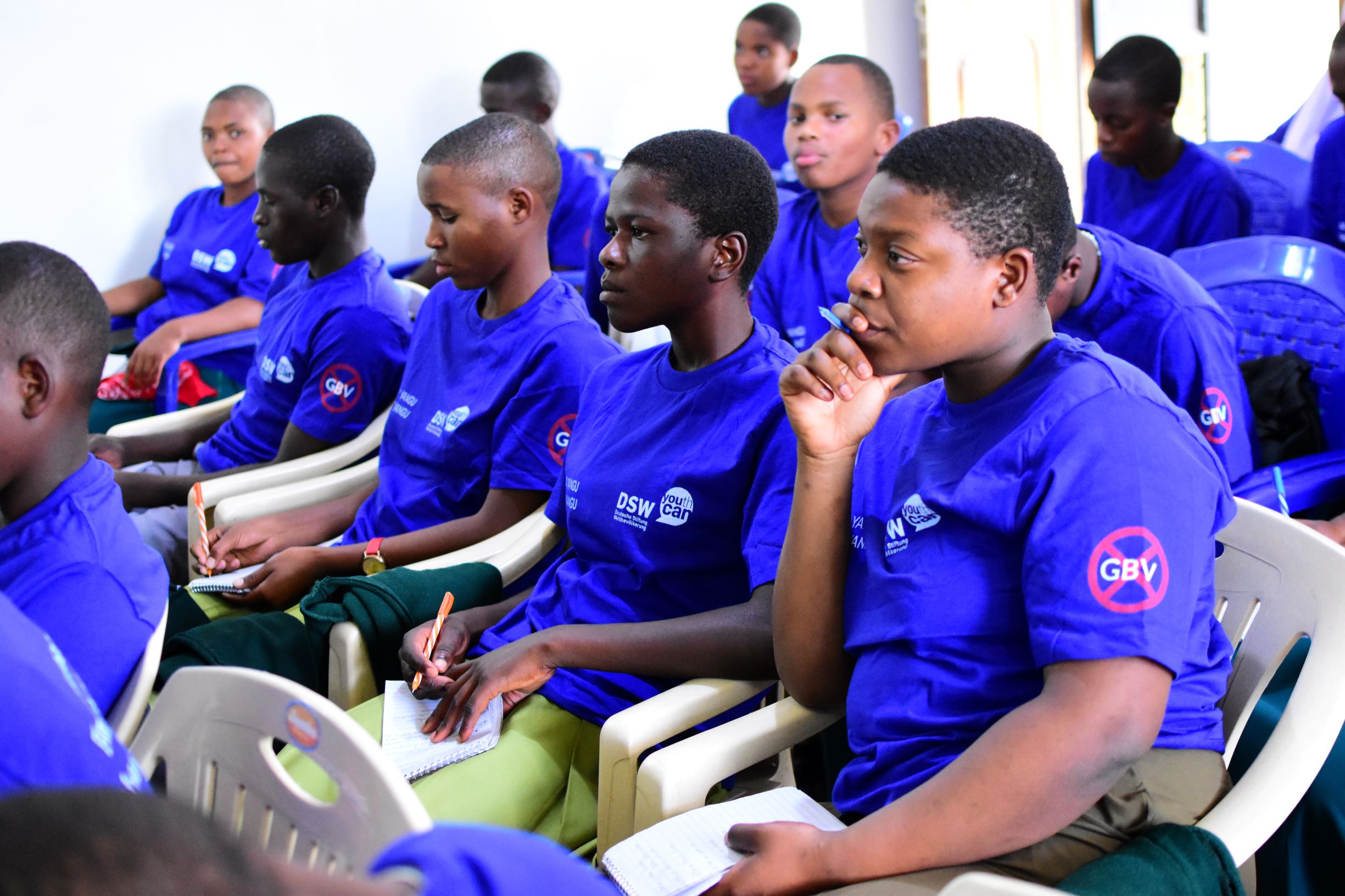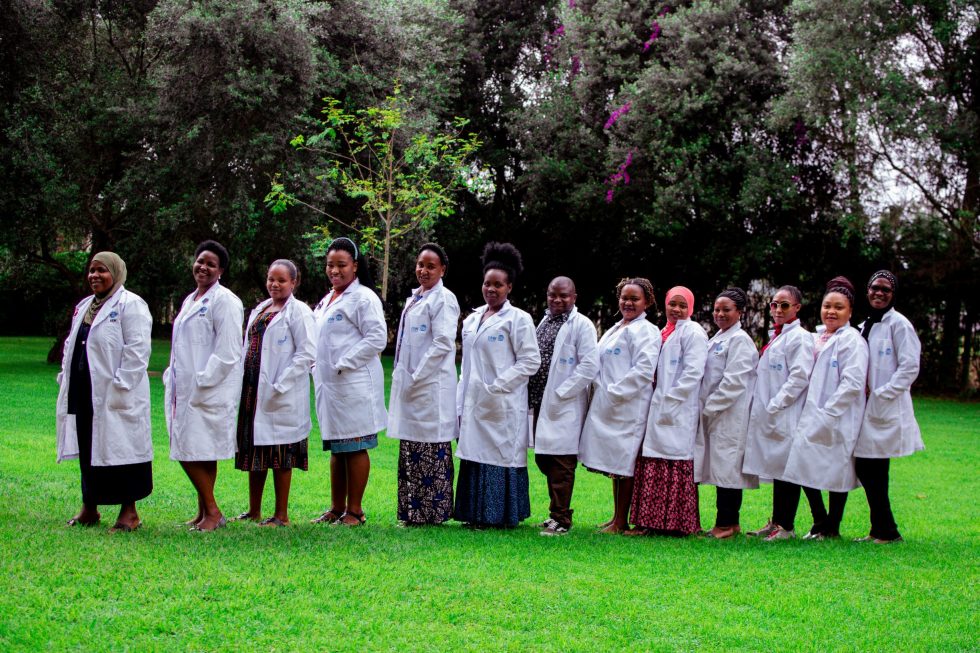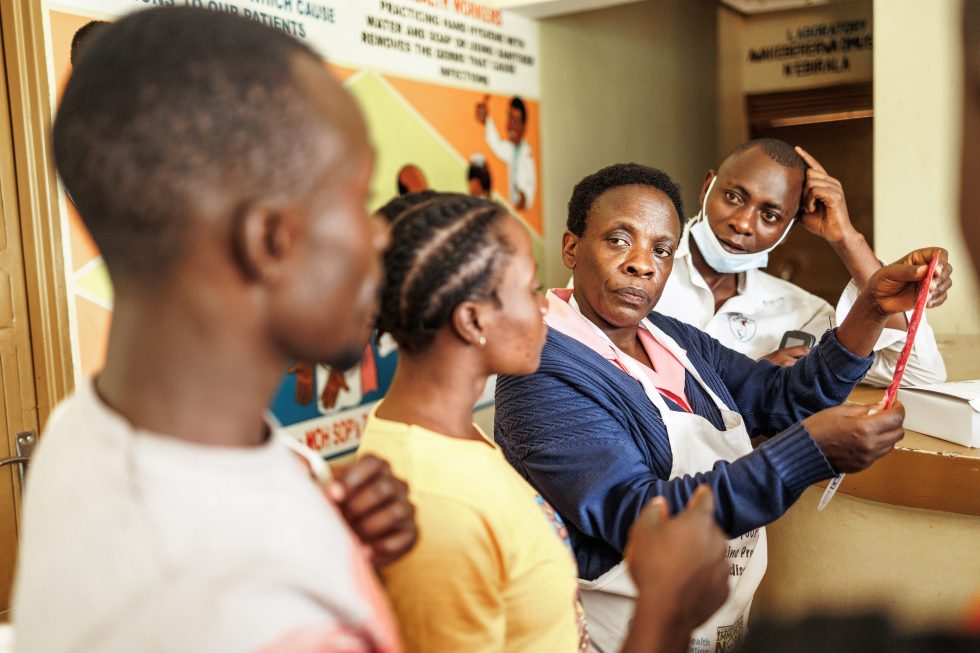

Investing in Quality Health for High Returns on Education
Everyone has once passed through adolescent stage or will reach that stage in life. This is a transition stage that encounters several social – economic challenges. Sexual Reproductive Health and Rights (SRHR) knowledge and life skills ensures adolescent girls are well protected to realize their full potential by staying in school to attain education. Investing in their good health and well being is an investment for high returns on education hence attaining demographic dividend. The World Health Organization (WHO) defines adolescents as people between 10 and 19 years of age. This age band includes early adolescence period between ages 10 and 14, and late adolescence period between ages 15 and 19. WHO further defines young people as those individuals between ages 10 and 24.
Tanzania has one of the youngest populations on the African continent, and according to the National Bureau of Statistics Population Projections, during year 2021, about a quarter (23%) of the population of the United Republic of Tanzania was adolescents aged 10 to 19 years, and young people aged 10-24 years make up about a third (32%) of the population. Based on this demographic pattern, Tanzanian adolescents and youth face a myriad of health challenges, Currently, the greatest risk factor for adolescent health in Tanzania is poor sexual and reproductive health and this contributes to increased risk to adolescence pregnancies and Sexually Transmitted Infections (STIs), including HIV/AIDS. The Government puts greater attention on gender equity, including increased attention on prevention of HIV amongst adolescent girls, and addressing violence against women given the fact that Adolescent Girls and Young Women (AGYW) are at a higher risk of HIV infection

Peer educators sessions
Key drivers such as culture and economic barriers make adolescence to face several challenges which lead to unwanted pregnancies, unsafe abortion, and sexually transmitted infections including HIV/AIDS. DSW Tanzania is contributing to mitigate such challenges by an intervention called “Afya Yangu Shule Yangu” that literally translates as “My Health My Education” by complimenting to the improvement of health and well-being of adolescents by advancing the implementation of National accelerated action and Investment agenda for adolescent Health and well being (NAIA-AHW) 2021/22 – 2024/25.
Through the Afya Yangu Shule Yangu project DSW Tanzania addresses the issue of adolescent pregnancies in Secondary Schools in Dodoma, Tanzania by using in-school peer education and health clubs to reach adolescents individually and collectively. A three pronged capacity strengthening strategy is applied by giving Training of Trainers Orientation on various adolescent health related topics to adolescent Peer Educators, School teachers and Health Services Providers who liaise with the community leaders for a coordinated approach.The orientation themes includes menstrual hygiene, SRH knowledge, life skills, leadership, guidance and counselling and provision of youth health friendly services.

A group photo of Health Services Providers trained on Youth Friendly Health Services
The overall objective of the project is the reduction of teenage pregnancies with key expected results that includes Life skills, Access to SRHR information, Peer Education Approach, Community Support and Youth Friendly health services.The project anticipates to reach over two thousands adolescent directly with information knowledge and services. During the recent orientation workshop for HSP on provision of youth health services the Dodoma City School Health Coordinator stated that “The project capacity strengthening initiatives and community engagement has ensured that boys and girls remain in school to achieve their dreams and contributes to the country economy in future”. Investing in adolescent health, education and a supportive environment will yield high returns for sustainable development.

